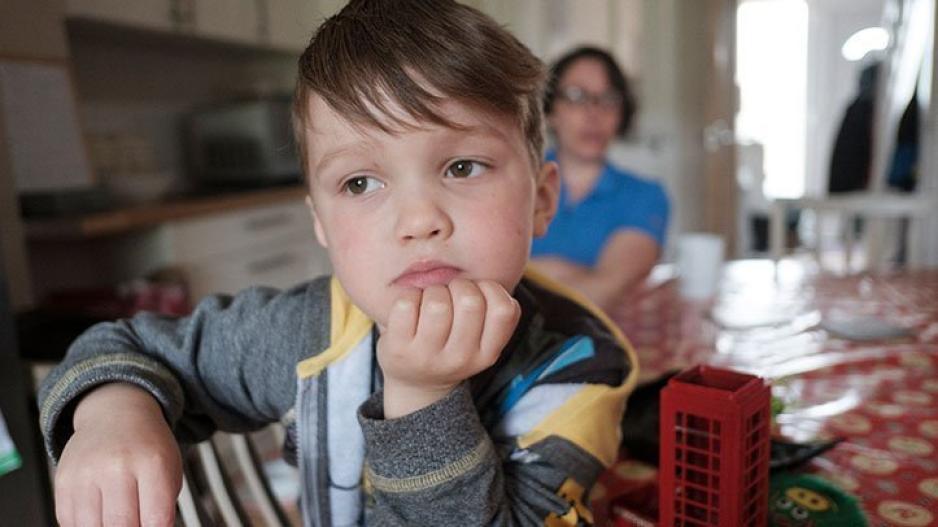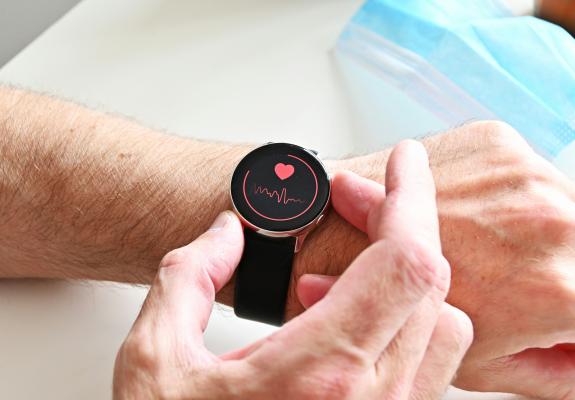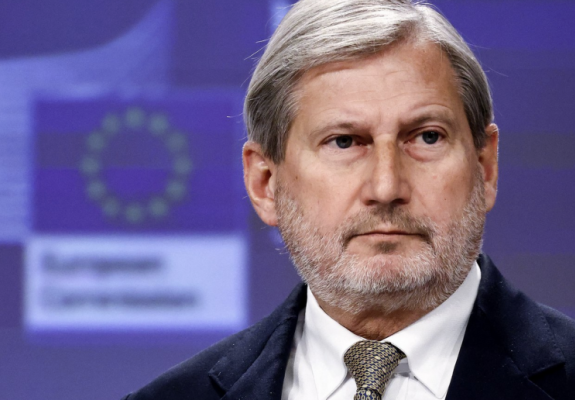Around 29,000 Children At Risk Of Child Poverty In 2023 in Cyprus
Deputy Minister Of Social Welfare Highlights Ongoing Risks
Cyprus has managed to achieve the national child poverty reduction target set for 2030 as early as 2022, recording a further reduction in 2023, said the Deputy Minister of Social Welfare, Marilena Evangelou, at the annual conference of the National Anti-poverty Network (NAPN)-Cyprus, held on Thursday at Frederick University. However, some 29,000 children were recorded as still being at risk of poverty and social exclusion in 2023.
In her welcome address, the Deputy Minister said that children growing up in poverty and social exclusion are less likely to develop their full potential as adults, as they face higher risks of unemployment and poverty.
She underlined the progress that has been achieved in Cyprus in this area, as shown in the first biennial report on the implementation of the National Action Plan for the establishment of the European Child Guarantee, which was published in March 2024. Citing the relevant data, she said that there was a steady reduction in the revised risk of poverty or social exclusion rate for children under 18, with Cyprus meeting the national target much earlier.
Specifically, the national target was to reduce the number of children at "risk of poverty or social exclusion" to 32,000 by 2030, from 35,000 children in 2019. "This national target for Cyprus has already been achieved, with the number of children under 18 years old at 'risk of poverty or social exclusion' falling to 31,000 in 2022, recording a further reduction in 2023, when it reached 29,000. This means that the rate fell from 20.3% in 2019 to 16.7% in 2023, while the European average is 24.8%," she noted.
Furthermore, she said that as regards the "Severe material and social deprivation in the EU" indicator for 2023, Cyprus with a rate of 2.4% is the second best performing country in Europe.
"Tackling child poverty and halting the intergenerational transition of poverty requires comprehensive and long-term strategies that combine prevention with adequate income support for families and quality and affordable services. We believe that investing in children is highly necessary as it has multiplier benefits at all levels," she concluded.
The Commissioner for Children's Rights, Despo Michaelidou, acknowledged that significant improvements have been made on the issue, but referred to her recommendations, noting that there is much more that should be done.
She underlined that the use of figures on incidents involving children exacerbates the concern of society and creates a feeling of xenophobia and insecurity, leading to social exclusion. "Children are not numbers and statistics. Children are independent entities, they have opinions and dreams", she said, calling for no one to invoke them without listening to their voice.
Loukas Antoniou, member of the Board of Directors of NAPN-Cyprus, presented the keynote speech, in which he provided data on child poverty in the world, the EU and Cyprus. Citing UNICEF data, he said that 50% of the world's children live on less than $2.5 a day. In total, 333 million children live in absolute poverty, while 1 billion children are multidimensionally poor, meaning they lack basic goods such as nutritious food and clean water. According to UNICEF, even in the richest countries, 1 in 7 children still live in poverty.
He noted that in 2023 the child poverty and social exclusion rate in Cyprus fell to 16.7%, below the EU average. However, he stressed that we should not dwell on the numbers, as these figures are for households and do not capture children living in shelters, unaccompanied minors, etc. On the other hand, he said that as regards the indicator for children's material deprivation, Cyprus was in 5th place in the EU, with a rate of 23.4% (2021 data).
In conclusion, Antoniou said that countries that have adopted appropriate and adequate policies have greatly reduced child poverty rates. "Poverty is a matter of political decisions", he said, adding that when governments are committed to the task, then child poverty can be eradicated.
Representing the Adolescent Advisory Group of the Commissioner for Children's Rights, Naya Nomikou and Lukas Simeon presented the children's views on child poverty. They said that, according to children, child poverty can lead to a bad mood, violence, lack of material goods, while in many cases there is no access to a doctor, there are less opportunities to have fun and children "are forced to grow up faster, become victims of bullying, become isolated".






